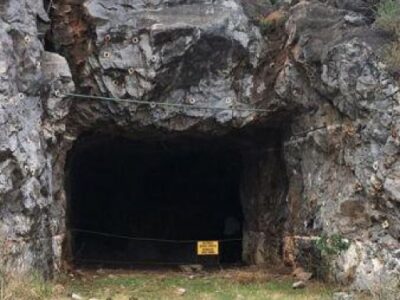
(Ecofin Agency) – • BOAD and JICA sign €200 million loan deal to support West Africa’s growth corridor plan.
• Funding targets roads, rail, logistics, and basic services across key trade routes.
• The project aims to unlock €2.1 billion in total investments to boost regional integration.
The West African Development Bank (BOAD) has secured a €200 million loan (about $227 million) from the Japan International Cooperation Agency (JICA) to support a major infrastructure program across West Africa. Signed in May, this agreement marks JICA’s first-ever financing operation of this kind in Francophone Africa, and it is a key step toward improving regional connectivity and economic development.
This funding is structured through JICA’s Private Sector Investment and Finance (PSIF) program. It forms part of a larger €400 million facility approved by BOAD’s board in late 2024, which JICA plans to release gradually to support long-term investments across the region. The bank, based in Lomé, is expected to use this funding to scale up a wide-reaching plan known as CACAO—the Corridor Master Plan for the West Africa Growth Ring.
Launched in 2018 by the West African Economic and Monetary Union (WAEMU) with technical support from JICA, the CACAO project is a regional initiative focused on strengthening transport corridors between coastal nations and landlocked neighbors. Strategic trade routes include Abidjan–Ouagadougou, Tema–Ouagadougou, Lomé–Ouagadougou, and Abidjan–Lagos. These roads and rail links are vital to the region’s economic heartbeat, and the program seeks to modernize them to ensure smoother trade and better access across borders.
But CACAO goes beyond just laying down roads and tracks. It also addresses deeper development needs like regional integration, better trade flow, and improved access to basic services. The ultimate aim is to create strong foundations for long-term investments in key sectors such as agriculture, water, energy, healthcare, and education.
The full cost of the plan is estimated at CFA1,400 billion—nearly €2.1 billion. It reflects the scope and ambition of the participating West African states and their development partners. This includes building nearly 3,000 kilometers of new roads and railways, setting up one-stop border checkpoints to reduce customs delays, and establishing wholesale markets, agro-industrial zones, and logistics hubs.
The newly signed financing will serve as a springboard to attract more funding, both public and private, to the CACAO program. Other players, including Japan’s SMBC Group, are also involved in the deal structure. More commitments are expected to follow, with support from other partners such as BOAD, the African Development Bank (AfDB), the European Union, and private investors through public-private partnerships (PPPs).
With this first wave of support, CACAO is poised to become a backbone for regional economic integration and a catalyst for more inclusive, connected growth in West Africa.









Comments